Ignoring state threats, firm keeps sucking sand from Monterey Bay
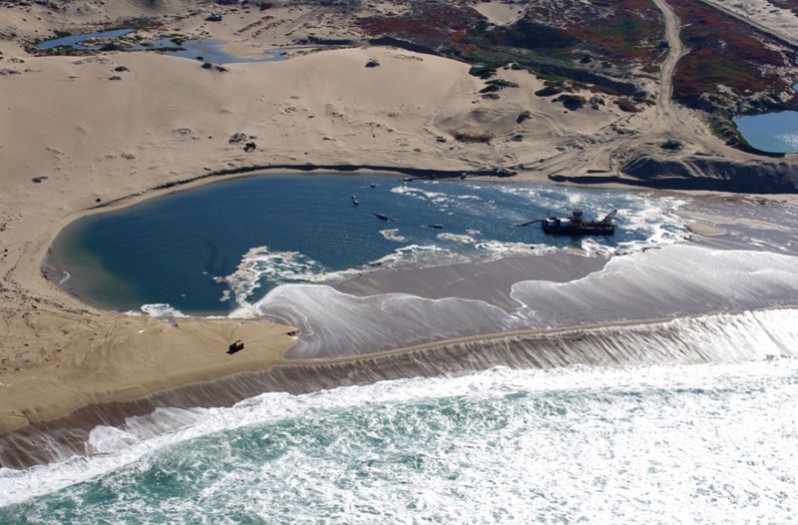
The Lapis Sand Plant, in operation since 1906, is the nation’s last coastal sand mine. The California Coastal Commission has threatened to close the plant, but the company refuses to relinquish its claim to the uniquely coarse amber-colored Monterey sand, which it calls “Lapis Lustre.” But Cemex is the world’s second largest building materials company, and any attempt to kick it out is likely to immerse the state in years of expensive litigation.
Some Virginia barrier islands are shrinking by the day: “You can just feel it”
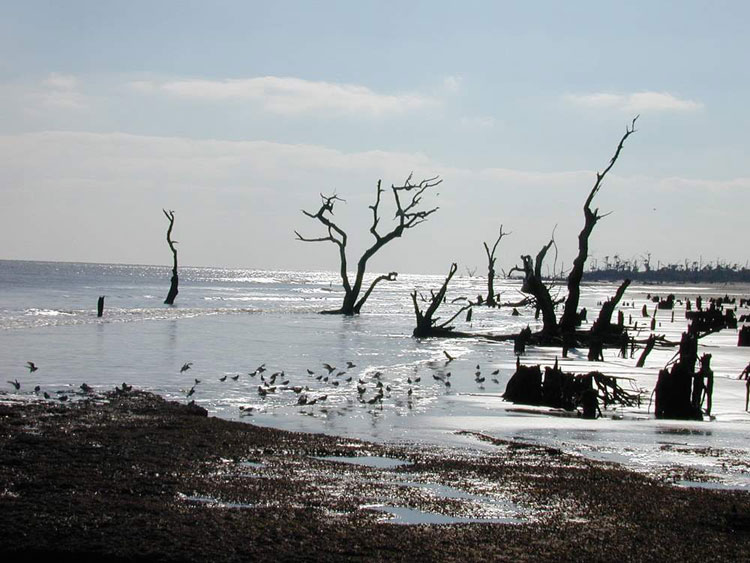
Dozen islands are shrinking in Virginia’s barrier chain, which stretches for about 75 miles along the Eastern Shore.
Cost-effective solutions to sediment runoff and other land-based pollution affecting West Maui reefs
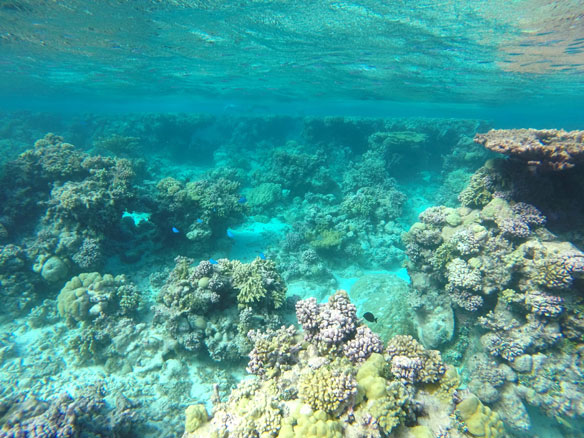
Land-based pollutants have been linked to the degradation of several Hawaiian reefs. Between 2000 and 2015, coral cover on West Maui’s northern reefs has dramatically declined from 30 percent to 10 percent.
Miniature organisms in the sand play big role in our ocean

Small organisms called meiofauna that live in the sediment provide essential services to human life such as food production and nutrient cycling, a researcher explains in a new report.
In Honduras, Defending Nature Is a Deadly Business

Berta Cáceres fought to protect native lands in Honduras, and paid for it with her life. She is one of hundreds of victims of a disturbing global trend, the killings of environmental activists who try to block development projects. Most believe it was that campaign, against the Agua Zarca dam on the Gualcarque River, that provided the motive for her murder, one of a rash of recent killings of environmental and social activists.
Abandoned oil wellhead exposed after rains wash away sand at Summerlamd Beach; CA
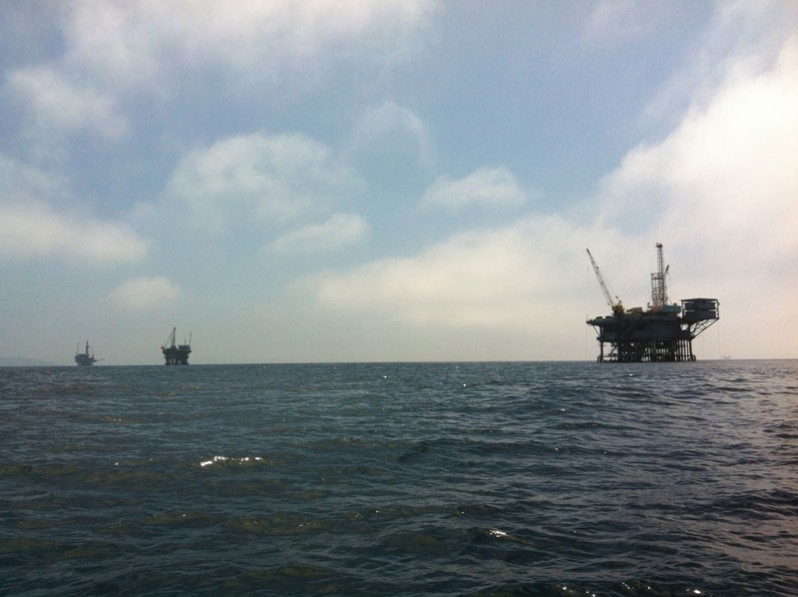
There are dozens of old wells at Summerland Beach which was once a bustling oil field, pumping out oil and gas from the Santa Barbara Channel. Wells were later abandoned, and leaks started springing up on the sand and in the water..
Sand mining: the global environmental crisis you’ve probably never heard of
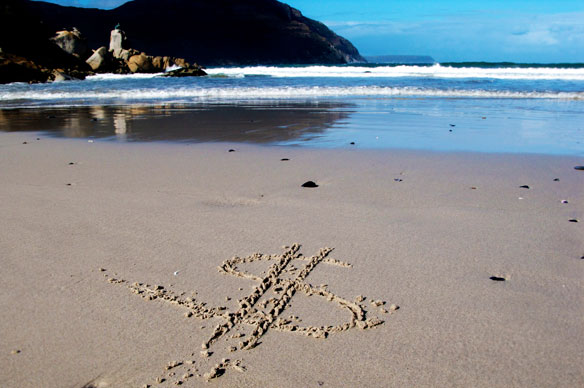
From Cambodia to California, industrial-scale sand mining is causing wildlife to die, local trade to wither and bridges to collapse. And booming urbanisation means the demand for this increasingly valuable resource is unlikely to let up.
“Rezoning” in Brazil Opens Endangered Atlantic Forest to Development

The already-vanishing Mata Atlântica, or Atlantic Forest, of southeastern Brazil is being prepared for auction under the government’s Ecological-Economic Zoning program. Previously protected costal lands are opened up for the construction of homes and businesses. Section of Ubatuba that borders Paraty, Rio de Janeiro is predicted to see an increase in construction of up to 50 percent.
Surveillance system, special squads to stop beach mineral mining; India
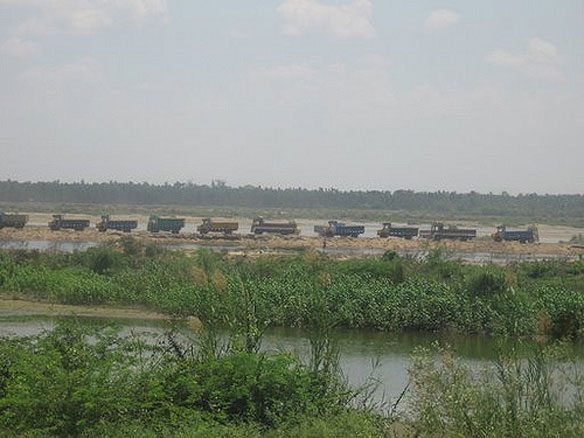
Deployment of sand mining surveillance system and patrol by special squads along coastal districts, especially those rich with major minerals, are some of the steps contemplated by Tamil Nadu government to prevent plunder of major minerals in the four southernmost coastal districts.
